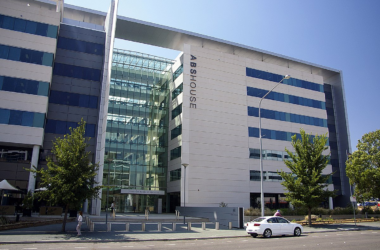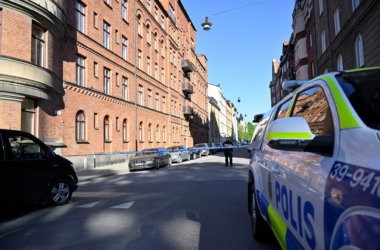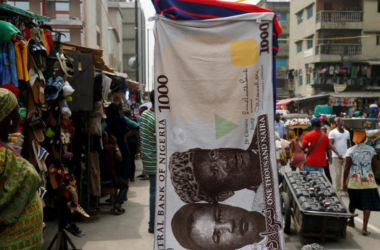As Argentina’s Senate debates a pivotal bill that could reshape the country’s economy, violent protests have erupted in Buenos Aires. The legislation, championed by President Javier Milei, aims to privatize public industries and introduce austerity measures to tackle Argentina’s soaring inflation and debt crisis.
Thousands of protesters gathered outside the iconic domed Congress building on Wednesday, expressing fierce opposition to the proposed “Law of Bases.” The day began with peaceful activities, including barbecues, picketing, and protest songs, but tensions escalated in the afternoon as lawmakers deliberated the bill inside the building.
Riot police, equipped with helmets, batons, shields, tear gas, rubber bullets, and water cannons, confronted the demonstrators. Local media reported that several opposition lawmakers, including Juan Manuel Pedrini, sustained injuries from tear gas and were hospitalized.
“A sad day for Argentinian democracy,” declared the Union for the Homeland, a Peronist opposition party, on social media. They condemned what they described as excessive police repression.
In contrast, President Milei’s administration highlighted the violence from some protesters, noting that 18 individuals were detained for throwing rocks, using sticks as weapons, and even possessing a grenade. A car belonging to the radio station Cadena 3 was set on fire during the chaos.
Waldo Wolff, Buenos Aires’ Minister of Justice and Security, stated on social media that “the culture of violence that sets the pace for demonstrations is at an end.” He vowed legal action against those who engaged in vandalism.
Security Minister Patricia Bullrich accused the demonstrators of attempting to overthrow the government and disrupt congressional proceedings, commending the police for their actions.
The controversial “Law of Bases” seeks to privatize public companies, strengthen executive powers, and stimulate the struggling economy. With Argentina facing an annual inflation rate nearing 300 percent and rising poverty levels, Milei argues that the austerity measures will stabilize the economy. Critics, however, fear the cuts could exacerbate the situation.
After months of negotiations and an initial failed vote in February, the bill passed the Chamber of Deputies in April. It now faces a tough battle in the Senate, where the opposition Peronist Union for the Homeland holds a majority, controlling 33 of the 72 seats compared to seven held by Milei’s La Libertad Avanza party.
As the debate continues, the political and social tensions surrounding this key economic reform underline the profound divisions in Argentine society over the country’s future direction.








